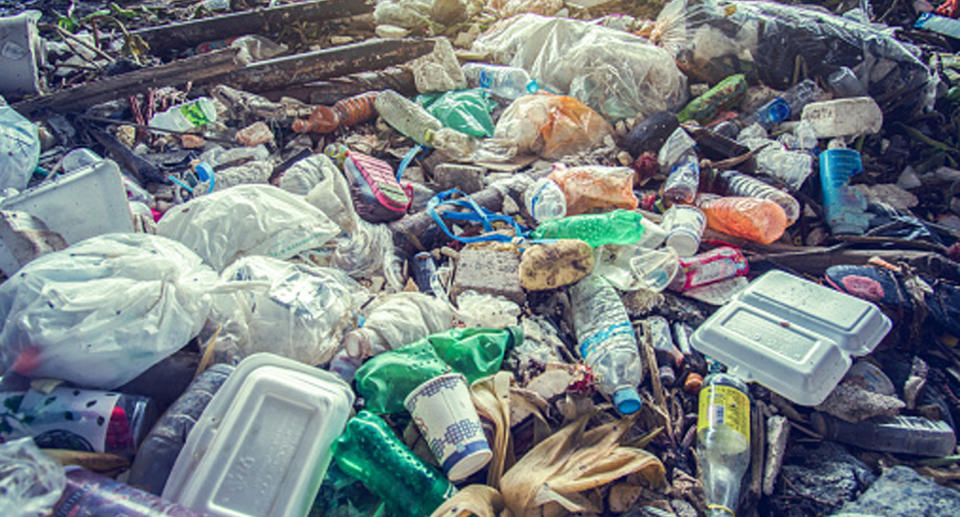Researchers say 'we all have tiny pieces of plastic inside us'
Researchers say that people are eating tiny pieces of plastic along with their food, after a test on faeces found plastic in every sample investigated.
People from eight countries took part in the study and up to 20 pieces of plastic were found in every 10 gram stool sample.
Researchers believe that the plastic could damage the immune system and raise the risk of transmission of disease.
The plastic particles were between 50 and 500 micrometres in width, and the most common were polypropylene (PP) and polyethylene terephthalate (PET).
“Of particular concern is what this means to us, and especially patients with gastrointestinal diseases,” Lead researcher Dr Philipp Schwabi, from the Medical University of Vienna in Austria said.

“While the highest plastic concentrations in animal studies have been found in the gut, the smallest microplastic particles are capable of entering the blood stream, lymphatic system and may even reach the liver.
“Now that we have first evidence for microplastics inside humans, we need further research to understand what this means for human health.”
Earlier this year, divers found a plastic bag lying on the bottom over 10,000 metres below the surface of the Pacific, in the Mariana Trench, the deepest point in the world’s oceans.
The new find was highlighted among 30,000 pieces of man-made debris seen in the deep ocean, including plastic bags, bottles and packaging.
The deeper divers went on 5,000 international dives, the bigger a percentage of plastic was found among the debris.
It comes over widespread concerns about plastic wastage in Australia, over the Coles Little Shop Mini Collectable series, which many people accused of being environmentally unfriendly.


